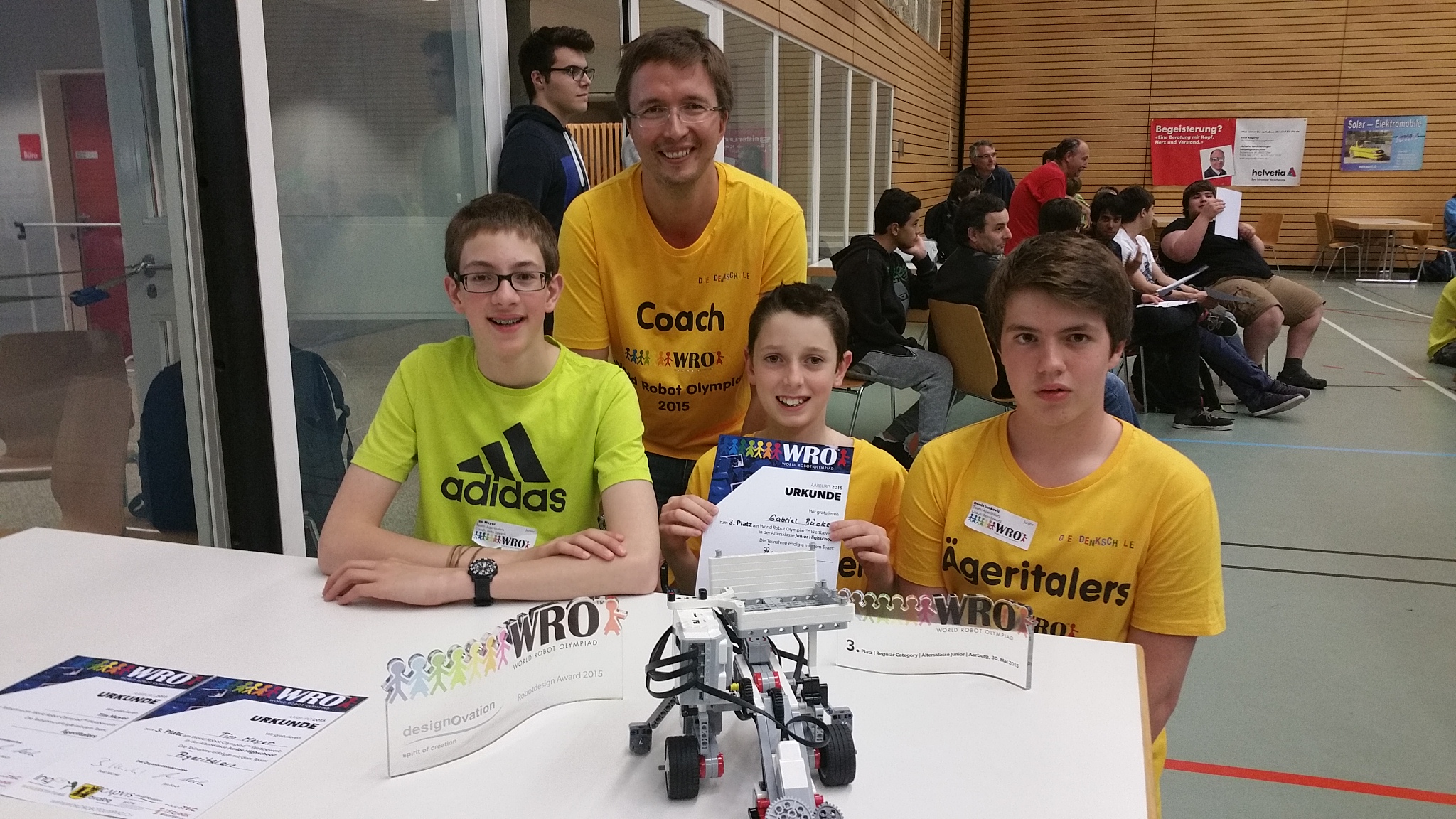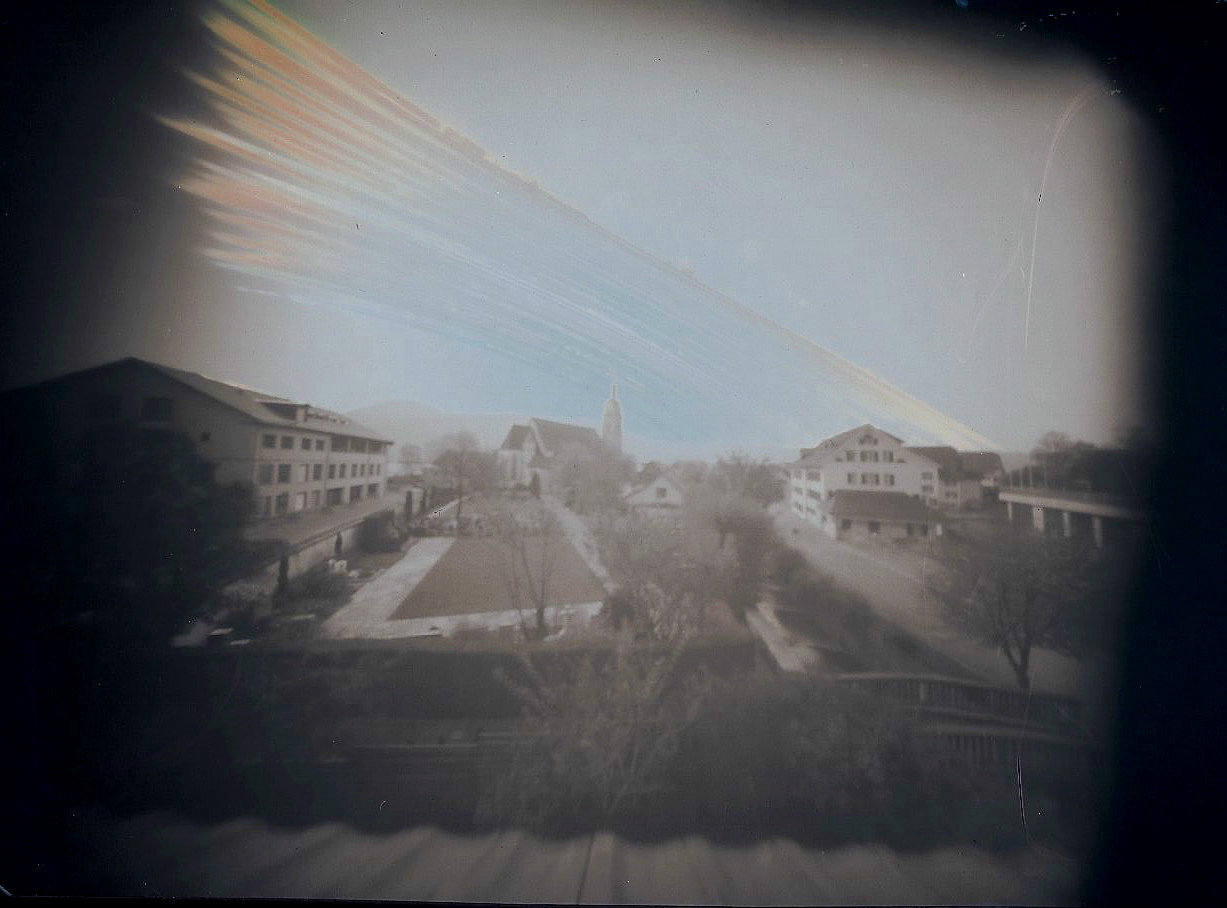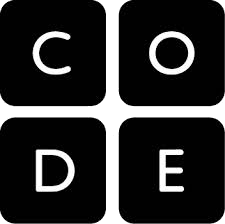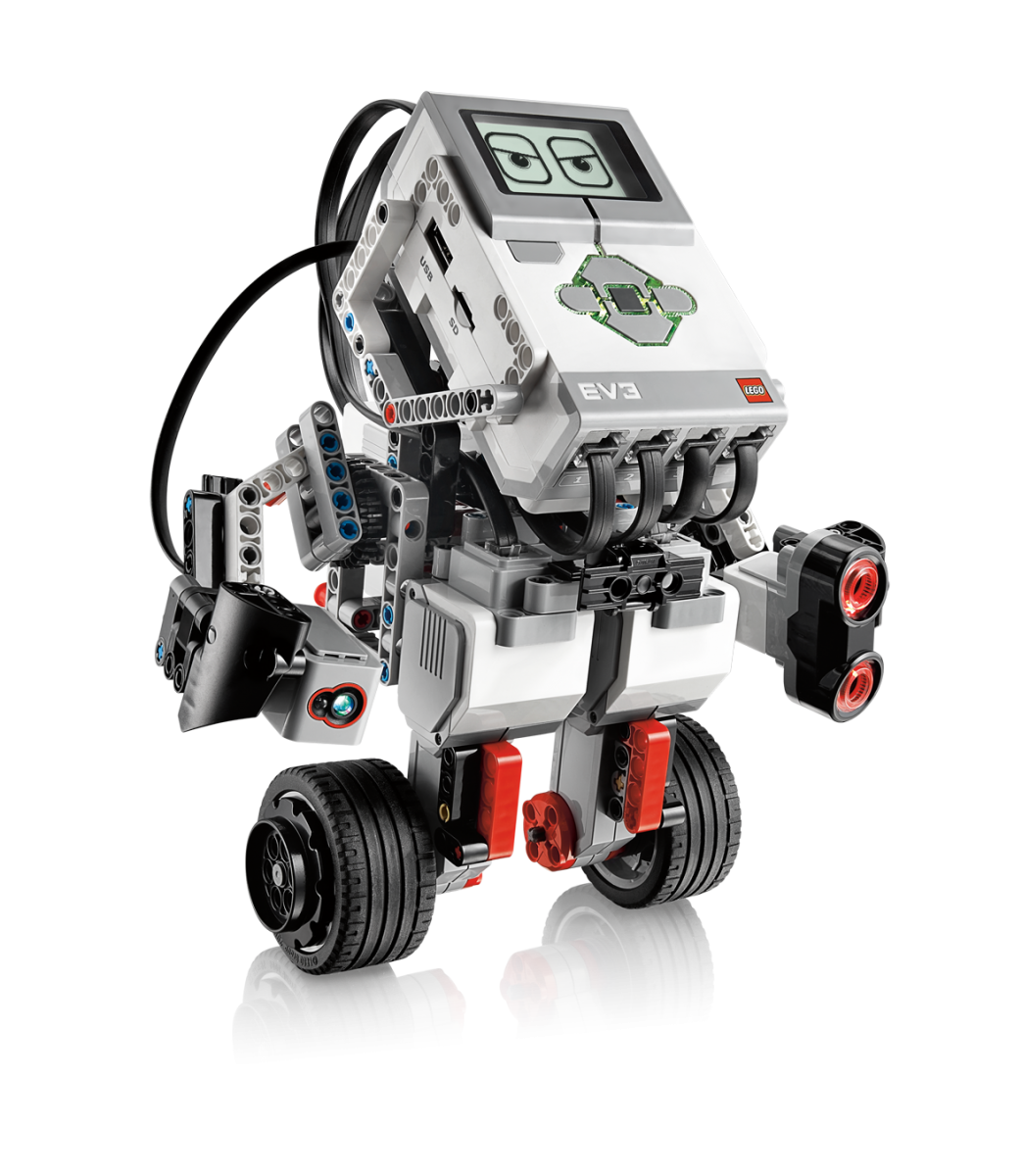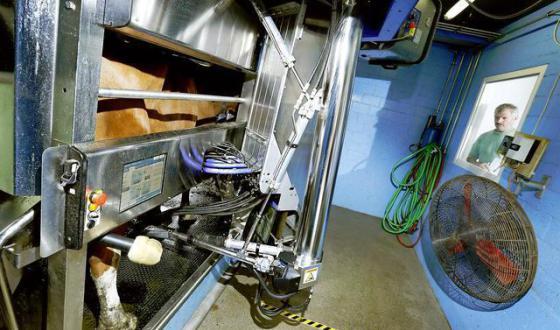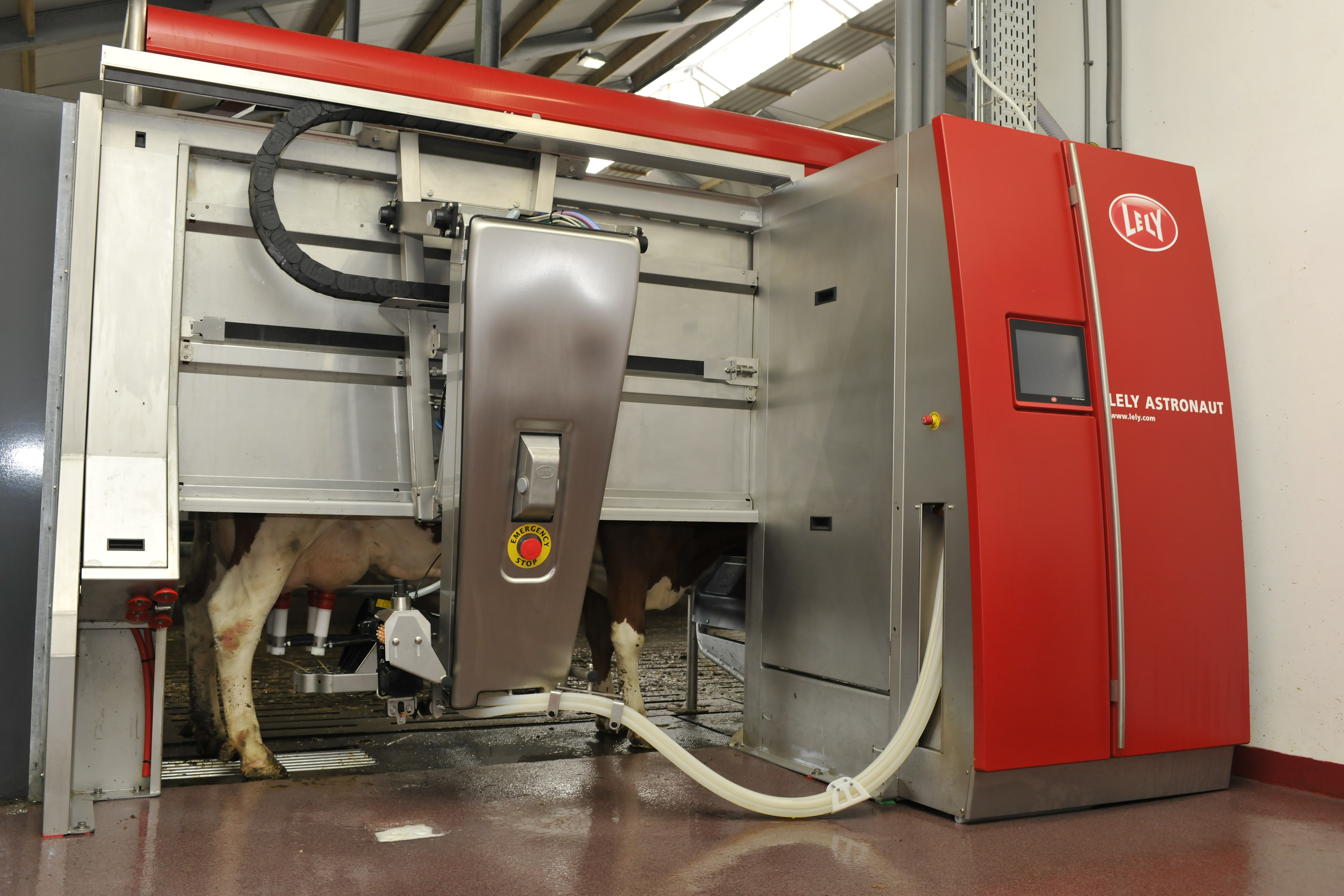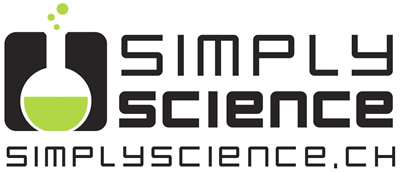Milking robots
Klaus and Erika Hofer run a dairy farm with 45 head of cattle and 6 calves in Friesencham near Cham. As if that were not enough, they have a second farm in the Emmental, where they raise sheep. With all these animals to look after, it is not surprising that they decided to buy a milking robot to take over some of the work from them.
Not that the decision to invest in such a machine was taken lightly. "We thought about it all for two-and-a-half years; in fact we also thought about giving up dairy farming altogether," said Erika Hofer. It was after taking advice from the Farmers' Association that they took the final decision to buy a milking robot made by the DeLaval company. The biggest advantage is that it frees the farmers from the twice daily time-consuming job of milking. |
|
The cows decide themselves when they want to be milked and got used to the new system after only about 3 days. It means that if they want they can even be milked in the middle of the night. For cows who have just given birth and have a high milk yield, it means they can be milked up to four times a day if they want.
The robot itself identifies the cow by its chip and software works out how much milk the cow is supposed to give, 15.2 litres in the case of (a cow called) Sangria. The machine also knows exactly when she was last milked, what shape her udder is, and the exact position of each teat, which it cleans automatically before milking.
As the milk flows, it is analysed at the same time. Its colour is checked and a cell count is made. After milking, the robot automatically removes the tubes and the amount of milk given is duly indicated, 17.7 litres in Sangria's case, more than expected on the day journalist Christian Meier from the Neue Zuger Zeitung went to see the marvellous machine in action. |
But what about the loss of contact between cow and farmer? After all, in Thomas Hardy's days, milkmaids were able to rest their tired heads on the warm flanks of the cows they milked. "This is not a problem," said Klaus Waldispühl. "Even though we have the machine, we often come in the cowsheds to clean it or feed the cows."
Sadly, Erika Waldispühl had to report the death of the farm's bull the day before, though it was reassuring to note that not all bovine activity in Friesencham had been replaced by machine.
Source: zug4you.ch

